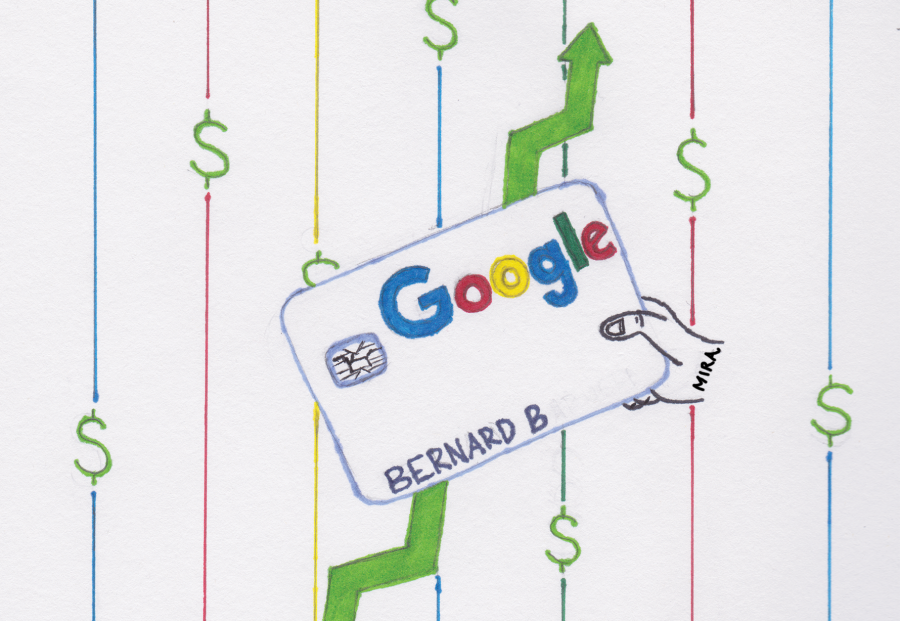Google, traditionally known as a tech company, is now diversifying its product mix with the inclusion of checking accounts. It’s Google’s quest for consumer dominance in banking, according to the Wall Street Journal.
Just last summer, the Apple card was born out of a partnership between Apple Inc. and The Goldman Sachs Group Inc.
While their products and arrangements may differ, the tech giants entering the world of banking share an underlying motive: “making themselves indispensable”, says Gerard du Toit, a partner at the Bain & Co consulting firm.
Gathering personal data is only half the battle, monetizing it from end to end is the final frontier.
The search engine giant is teaming up with two banks, Citigroup Inc. and the Stanford Federal Credit Union, to begin offering a smart checking account next year.
Google still is in the preliminary stages of product development so the final features might not be known until a much later date.
The project, code-named Cache, is envisioned as an extension of the already established Google Pay digital payments system.
Its goal is to help customers “benefit from useful insights and budgeting tools,” according to Craig Ewer, a Google spokesman. The focus will be for mobile users, he said, but the specifics of what will be offered are still being worked out.
This will help foster another revenue stream for Google as its ad revenue has begun declining due to competition from firms like Amazon.com Inc., Twitter Inc. and Microsoft Corp.
This is of concern to Google, because the bulk of the Q3 earnings of the parent company comes from advertisements.
Executives noted that the company’s advertising revenue and the bulk of its profit had hit $33.92 billion in quarter three, compared with $28.95 billion in the third quarter of last year. Alphabet Inc.’s total revenue of $40.5 billion beat analyst expectations.
However, shares fell by as much as 4% in after-hours trading after it reported it posted a 23% decline in profit as it faces rising expenses missing analyst expectations.
What Google is experiencing is what many other tech companies alike are as well. The issue is to maintain growth, high profitability and avoiding stagnation.
It seems getting involved in currency is the new area of focus. Amazon’s secured card, Apple’s credit card, Facebook’s Libra, Uber with Uber cash and so on.
All are having proponents, setbacks and even scrutiny by regulators and investors. Apple’s new Apple Card is being investigated by the New York Department of Financial Services after customer complaints about gender bias in credit limits.
Additionally, Facebook lost key partners like Visa, Mastercard Inc. and PayPal just months after unveiling Libra — its cryptocurrency project.
It is hard to know a company’s intrinsic value and that’s why so many different analysts have different estimates and it’s even much harder to do so for the technology firms.
The value that they create can’t be seen readily sometimes for years. Consumers should wait to see what Google has in store here before releasing the final verdict.
There are good reasons some of these ideas have come about. While a segment of customers has plenty of frustrations with their banks — whether they’re high fees, paltry interest rates and poor service — those aren’t complaints that technology companies are usually positioned to solve.
Tech-focused features that bank users want like fast peer-to-peer payment, mobile and card-free transactions and in-app budgeting assistance, are now offered by nearly all large banks.
For a new product or service to succeed, it has to offer something new and shiny enough to motivate consumers to leave their existing provider.
Thad Peterson, a senior analyst at Aite Group, said many of these efforts failed to take off because they weren’t revolutionizing anything. Google will have to find a way to make their checking account something a customer will “feel lucky” about.








